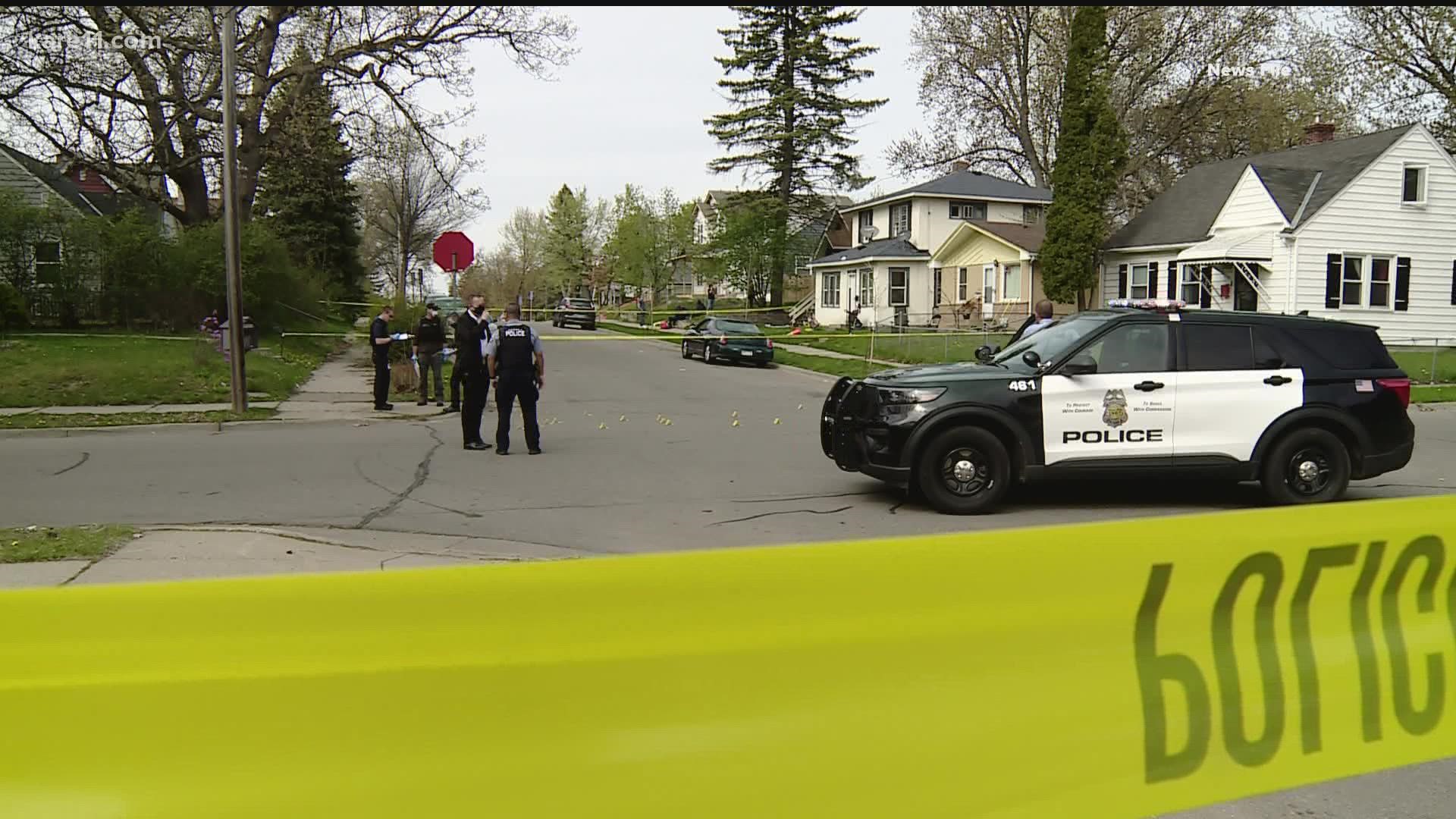ST PAUL, Minn. — Minnesota Senate Democrats have proposed spending $500 million on public safety aid to communities, but they face a major hurdle moving those bills forward.
They haven't been able to convince the Republican Senate majority to schedule hearings on those bills, let alone put them up for votes. Friday is the deadline for legislation to be heard in the chamber where it originates.
"We heard that call, and that urgency in our communities and we can’t leave this session without doing something meaningful for public safety," Sen. Melisa Lopez-Franzen of Edina, the Senate Minority Leader, told reporters Tuesday at a State Capitol press conference.
"We can’t wait until the end of session. It’s a direct infusion to local governments to be flexible for them to determine where they need to use these dollars for public safety."
The slate of bills includes $300 million in grants to local governments to hire more officers and help cities implement more community policing efforts. That style of policing is designed to help officers become better acquainted with the places they patrol and to build trust and mutual respect that can help investigators solve crimes.
The package also includes money for the courts, probation officers, public defenders, crime prevention programs and community-based juvenile justice early intervention efforts. The Senate DFL caucus asserts these are the types of programs that can address the root causes crime.
"The greatest likelihood of someone committing crime is the likelihood of someone getting caught doing it, or caught after committing the crime," Sen. Ron Latz of St. Louis Park, the ranking minority member on the Senate Public Safety Committee, told reporters.
"For that you need enough law enforcement officers on the street."
Republican Senator Warren Limmer of Maple Grove is the gatekeeper in this situation. As chair as of the Public Safety Committee, he decides which bills get hearings.
He responded Tuesday by saying Senate Republicans are already moving bills that support law enforcement with hiring and retention bonuses, and legislation that gets tougher on criminals with longer prison sentences for certain violent crimes.
It all comes against a backdrop of rising violent crimes in Minnesota cities and across the nation as a whole. It's compounded in Minneapolis where the police department has lost hundreds of officers to PTSD workers comp disability claims linked to rioting after an officer murdered George Floyd.
A dramatic rise in carjackings that spread into the Twin Cities suburbs led Sen. Limmer and other Republicans to propose making it a new crime category, based on the notion that armed robbery and auto theft don't adequately address the trauma of victims being threatened with firearms by car thieves.
Sen. Latz asserted there's a difference between what looks attractive to voters and what actually prevents and solves crimes.
"Where is the data to support mandatory minimum sentences will solve crime? Those are talking points. Those are messaging points. But they’re not going to be smart on crime. What we’re proposing here is broad based and smart on crime."
There's an age-old debate at the Capitol over whether those harsher sentences actually enter the minds of those who commit crimes. But the idea of locking people up longer and keeping them out of circulation has been a politically popular idea, especially during times when crime rates are rising.

